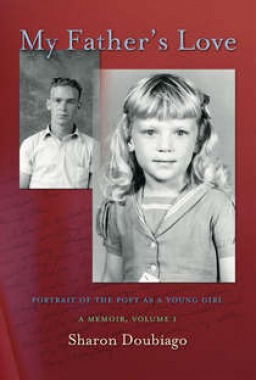
"My Father’s Love: Volume I is an astounding feat of integration on a subject fraught with personal as well as cultural disconnect. Doubiago writes about her experience of incest simultaneously from two distinct focal distances. With the convex lens of subjectivity, she brings into acute focus the up-close matrix of daily lies, betrayals, violations, and denials that compose the foreground of child sexual abuse. At the same time, with the concave lens of objective research, she refracts the broader cultural landscape: genealogies of generational abuse, geographies of oppression, cross-cultural conspiracies of silence."
This book set me thinking (again) about incest. Doubiago shared with me from her Author's note in the second volume:
"I wrote My Father’s Love from November 2000-2005. The guides to literary agents that I consulted, the agencies interested in memoir in the related categories of Women’s Studies, Gender, Feminism, Child Psychology, Trauma, Domestic Violence, etc., nearly all ended their lists with “No incest stories.” Though fairly discredited now, the False Memory Syndrome Foundation, a political, right-wing, fundamentalist Christian think tank of the 1990s, was highly successful in influencing current social attitudes toward child abuse and fueling the controversy about the validity of reports by those claiming to be victims of parental sexual assault. Much academic and journalistic research has uncovered this now, including the Foundation’s successful blocking of publications and reviews. For more than ten years not a single incest book was published by a major US press—this culminating an era that had uncovered the fact that one quarter and more of all females are raped in childhood. The taboo of the incest book is still very powerful, censorship being an aspect of the silent shadow. Again, what focus there is remains on the abused; the psyche of the abuser is the norm (even admired and emulated as maturity, authority), still fairly unexamined. (What’s examined is dismissed as outside society’s embrace; just lock up the evil, incorrigible ones—that is, the ones who get caught—as freaks of nature.)"
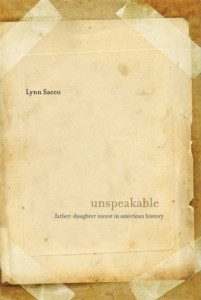 Unspeakable by Lynn Sacco
Unspeakable by Lynn Sacco In a nutshell, here is how it goes: There have always been a lot of girls being seen by doctors for vaginal infections and trauma to the vulva. The doctors have always been shocked by how many cases there are, and they have been unable to accept that these girls are the victims of sexual assaults by male family members. And they have used their erudition and their authority to come up with ingenious explanations for these cases... explanations that protect males, and especially white and class-privileged males.
This was easier to do before a lab test had been developed to identify the bacteria that causes gonorrhea. Doctors could deny that the purulent infection was a sexually transmitted disease. After the Gonococcus bacterium was identified, the doctors needed to become more creative. Yes, they had to admit that these girls did indeed have gonorrhea... but now they were insisting that the source was dirty sheets, chamber pots, second-hand washrags. Which could explain why the father and his four-year-old daughter, and maybe his wife and his other children could all have gonorrhea. In the case of middle-class families, the infection could now be attributed to the poor personal hygiene of the servants.
Then, toward the end of the 19th century, the burgeoning immigrant populations would provide another handy theory. Racism and xenophobia proved ripe breeding grounds for new and highly contagious forms of denial. Finally, the doctors were willing to admit that girls with gonorrhea were victims of sexual assault, and not toilet seats... but these assaults were only happening to African American girls and daughters of immigrants. And the motive was a superstitious belief that sex with a virgin would cure gonorrhea. The doctors never bothered to explain why the fathers would continue to abuse these children for years, if "the cure" was the sole motive, but there is nothing rational about theories of incest denial, except the consistent focus on protecting the perpetrators.
Dr. Flora Pollack stands out as a true heroine in this nightmare scenario of medical enablers. In 1909, she was treating, in her words, an "appalling number" of girls at Johns Hopkins Hospital Dispensary. She did not care a fig whether or not the perpetrators were perverts and sadists, or "infectionists" (the term for the rapists who purportedly believed in the cure superstition.) She did not think that the primary significance of these cases of gonorrhea was the possibility of complications that might lead to death, or the fear of institutional epidemics spread by toilet seats. She actually thought that the most significant thing about 1000 girls a year in Baltimore turning up with gonorrhea was that men were sexually assaulting them. Flora Pollack actually had the gall to insist that doctors seeing cases of girls with gonorrhea should assume there had been a sexual assault... and it only took 90 more years for the medical field to adopt that no-brainer for a standard. A moment of silent tribute to Dr. Pollack. Her courage and persistence must have been Amazonian.
As I say, I am only half-way through, and it's only 1920. I have not gotten up to False Memory Syndrome (FMS) yet, and I am very curious to know what those august men of medicine came up with during those 70 years between the cure superstition and FMS. I'll keep you posted.
What is interesting to me is this automatic bonding and protecting of a class of criminals who are truly heinous: men who rape their daughters. As Doubiago notes, even today when incest is more openly admitted, the focus is on the victims and the "psyche of the abuser is the norm." This is what Pollack was wanting to confront, and this is what Doubiago's book indicts. This is the story, this is the social ill... not the PTSD of the victims, tragic and disruptive as that is.
No, the real story is the silence and the cover-up. What is this peculiar virus that seems to originate predominantly in the male psyche, mutating every few decades and then spreading like wildfire through male-dominant cultures--denying, protecting, discrediting, recruiting?
African American author and Nobel Prizer winner Toni Morrison's brilliant insights about racism have helped me think about oppression in radical ways, and I am reminded of this quotation from her lecture "Unspeakable Things Unspoken:"
"Looking at the scope of American literature, I can't help thinking that the question should never have been 'Why am I, an Afro-American, absent from it?' It is not a particularly interesting query anyway. The spectacularly interesting question is 'What intellectual feats had to be performed by the author or his critic to erase me from a society seething with my presence, and what effect has the performance had on the work?'"
My question is "What medical or propaganda feats had to be performed by the doctor or the shapers of the culture to erase incest from a society seething with sexually abused girls and what effect has the performance had on all of us, and especially on women?"
Click here to read "Incest Denial Part Two."
Click here to read "Incest Denial Part Three."
Click here to read "Incest Denial Part Four."
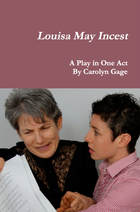 Louisa May Incest
Louisa May Incest Battered on Broadway
Entr'acte, or The Night Eva Le Gallienne Was Raped
Louisa May Incest
Mason-Dixon
The Parmachene Belle
The Anastasia Trials in the Court of Women
The Spindle
Patricide
Thanatron
Essays dealing with incest:
"The Inconvenient Truth of Teena Brandon"
"Why Annie Got Her Gun"
"The Happy Hooker Revisited"
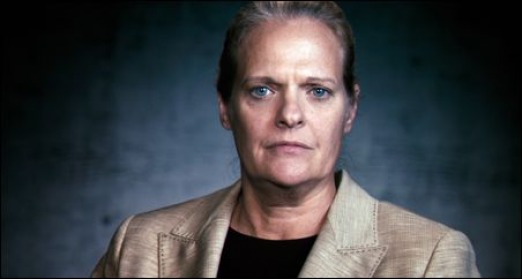

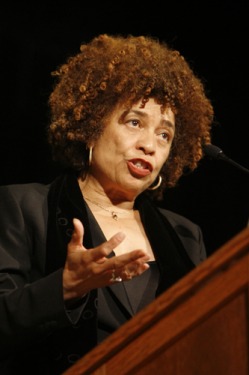
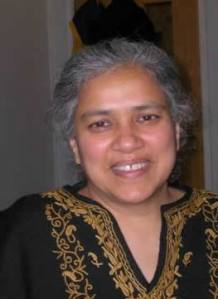

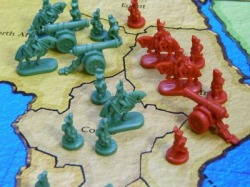

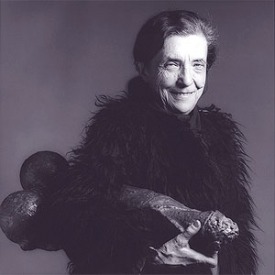

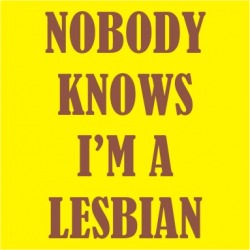
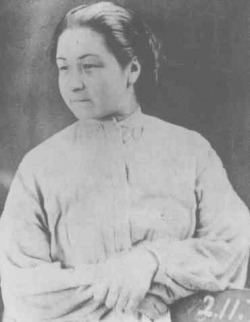

 RSS Feed
RSS Feed
